The Ethical Argument with Meat
Hi,
Having worked in the health space for since 2005 I know all too well the differences of opinion on what constitutes a healthy diet. From the carnivore diet to fruitarians everyone has a position and stance of what they will allow themselves to consume based on their belief system. Some even relinquish the desire to eat physical food and embrace a breatharian existence relying exclusively on ‘Prana’ - living on light and air….(which makes for inexpensive and fuss-free dinner parties)
Everyone on this planet is entitled to choose what they consume, and with a growing vegan trend it seems that more and more people are giving-up meat.
What is driving this trend?
Could it be the proliferation of anti-meat documentaries on Netflix?
Films such as Cow Conspiracy, Earthlings and Food Inc would undoubtedly question anyones decision to eat meat. Graphic images of the mistreatment of animals and in some cases torture is unsettling to say the least. The abundance and availability of food including meat in the western world contributes to unconscious eating, whereby the shopper, diner, chef or home-cook have little to no thought about where that meat has come from. How it got on your plate or how it got to your supermarket aisles are all important questions to ask yourself. With discrepancy of food distribution globally, we are lucky, I guess, that it is on our plates or in our supermarket aisles in the first place, but at what cost…?
As a meat-eater I’m personally delighted that documentaries of this nature are out there for the world to see, if nothing else it questions the food system under attack and whether you and I should be eating meat at all. There are many layers to this conversation and one I’d like to bring up is whether or not the story would be as convincing if these documentaries shone their light on regenerative farming - a model that allows animals to move and eat as they naturally would in their natural habitat and one where the animals being farmed are respected and treated with dignity and care. The aspect of farming depicted in such provocative documentaries is biased and is not indicative off all farming. As I’ve said a thousand times the discussion isn’t meat vs non meat but where we get our food from, meat or otherwise.
To convey and depict a more holistic and balanced version of animal farming documentary is ‘nice’ to watch and informative but it perhaps lacks the ‘grabby’ nature of the ones listed above. These documentaries shine an ugly light on intensive farming, where animals are crammed, uncomfortable and fed unnatural foods. Being witness to such depravity and inhumane treatment SHOULD evoke a visceral emotional push-back from us….quite frankly if it doesn’t you want to be be tested for android DNA. We do have to be reminded that these shocking documentaries are not indicative of all farming, but rather show a particular strand of farming and one that doesn’t have your health or the health of the animal and land at its core.
Sadly it’s intensive farming which is dominant in the US and contributes to most of the meat produced and consumed…McDonalds are the biggest buyers of ground beef..in the WORLD - just that statistic alone is terrifying on many levels. What I’m trying to say is there is context - not all farming codes and practices are the same, there is huge variability in food systems from intensive to regenerative.
It’s foolhardy to tar all farming and farmers with the same brush. Imagine watching a doco on shonky Doctors - whom deliberately mis-diagnosed, mistreated their patients and peddle pharmaceuticals to make a quick buck - it wouldn’t depict favourably for those Doctors, but its doesn’t mean all doctors are guilty of bad practice - most work incredibly hard to give the best advice and treatment to their patients. I can only assume that people are quick to ditch meat after watching these shocking doco’s because a) the images are SO revolting b) farming is largely ‘invisible’
Out of sight
Farming employs thousands of people within the population, occupies enormous stretches of land and is integral to our existence but for most part it’s all done out of sight….especially for the vast majority of us that live in high density cities. Considering it’s largely out of sight - perhaps it’s not a huge leap to make the assumption that ALL farming is conducted in a way conveyed in those shocking doco’s, hence the rise in vegans in recent years.
The lack of comparison and context fails to inform the consumer and creates a polarisation of opinion, which is harder to rationalise or reason with. The bottomline is you can’t deny or ignore that an animal has been killed in order to provide meat and if that’s cut and dry for you then great. For me it’s about choosing producers which have treated the animal humanely, feeding them natural foods and allowing them to move as they would in nature.
And that's not to say there aren't death associated with a vegan diet either, through land clearance for mono crops, harvesting and baiting.
At the end of the day it comes down to personal beliefs and values, everyone is entitled to have their unique standpoint. No one has the authority or right to force their opinion on anyone else, the decision we arrive at is considered and based on objectivity. As I’ve hopefully explained there is need to peel back some layers to reveal the disparities within farming methods and ultimately the quality of the food which is the result, then to consider how it benefits human health.
Scott


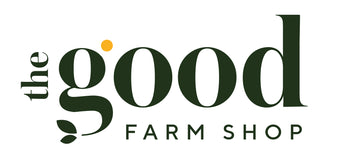
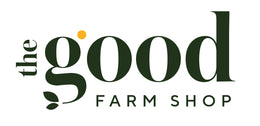

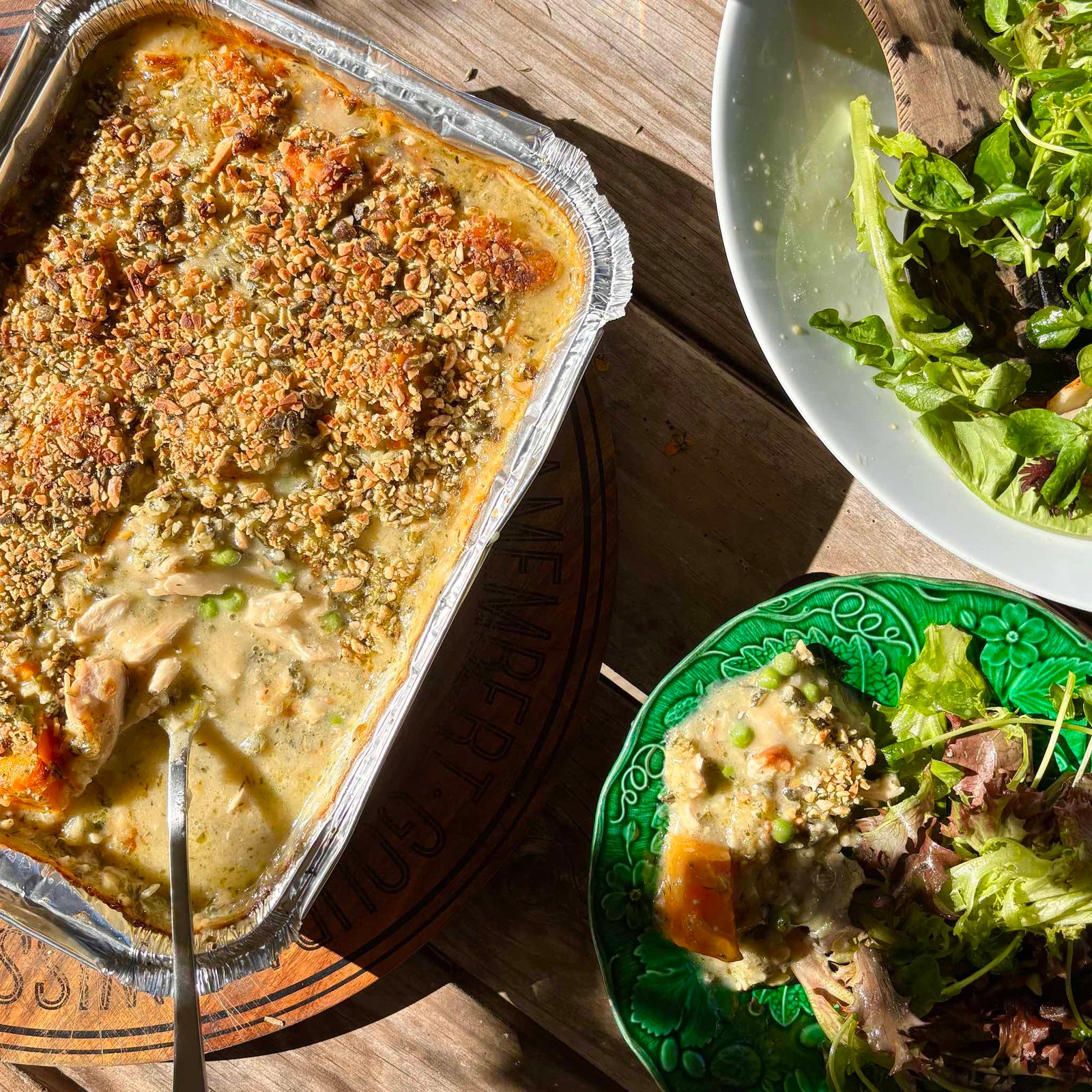
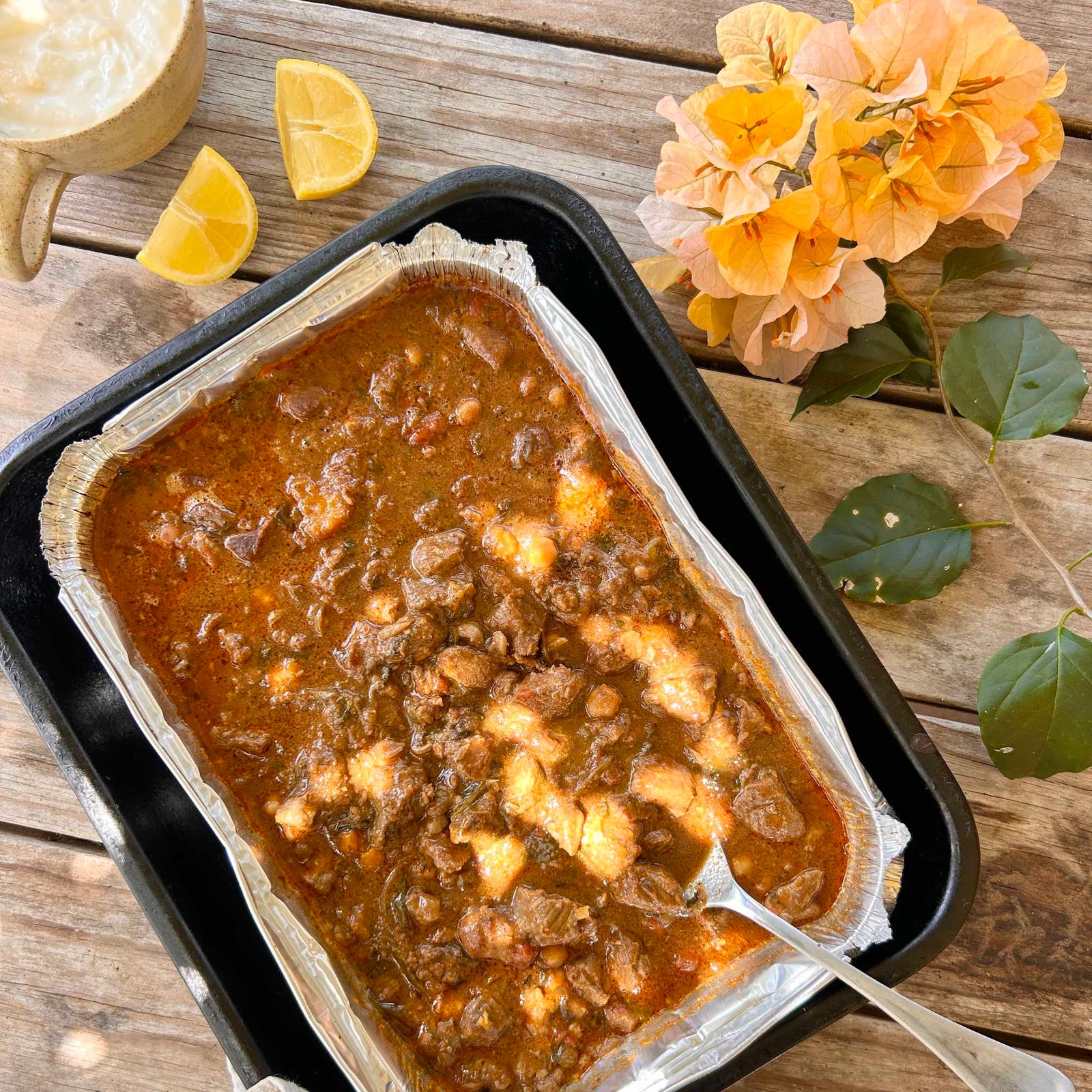









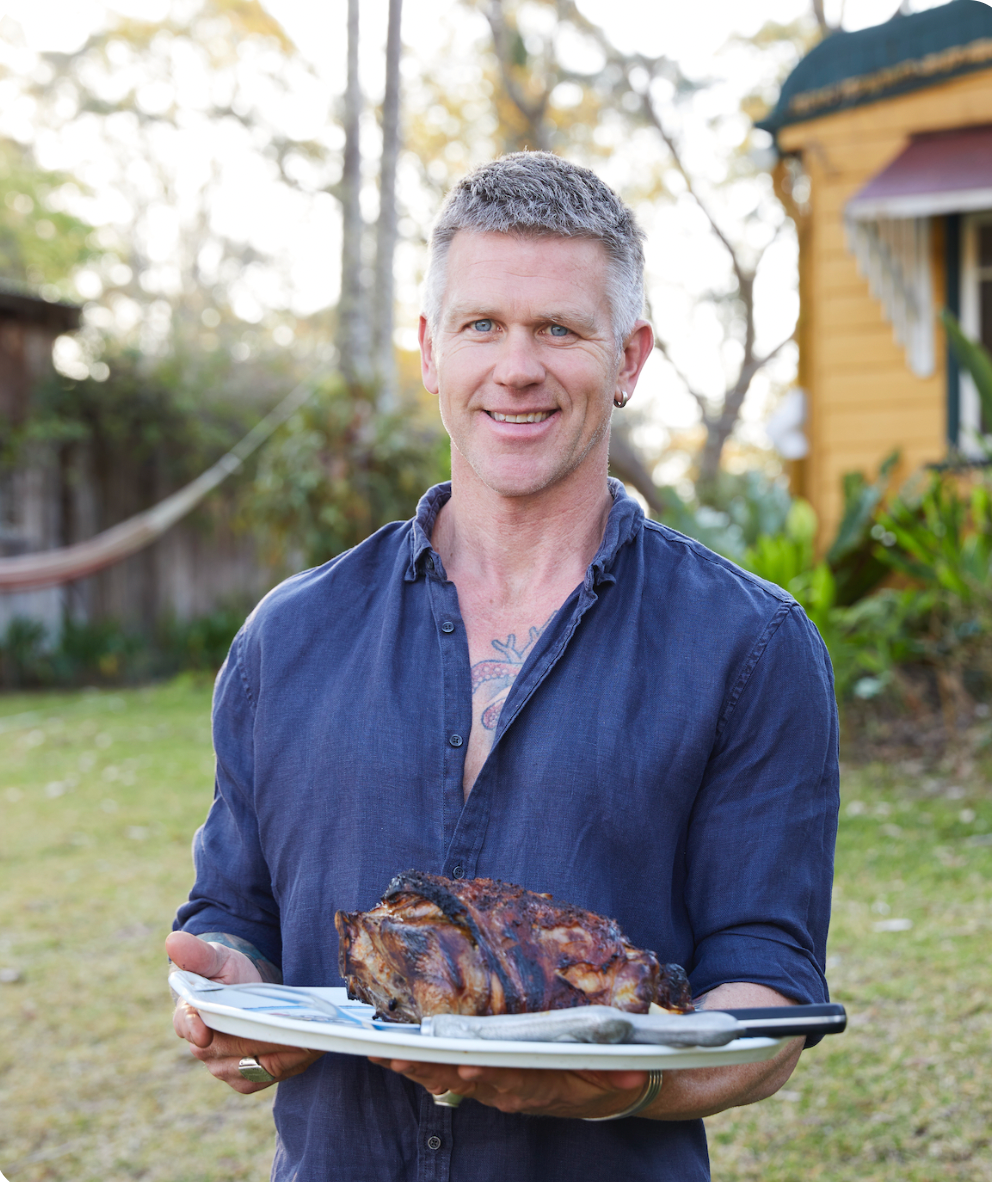
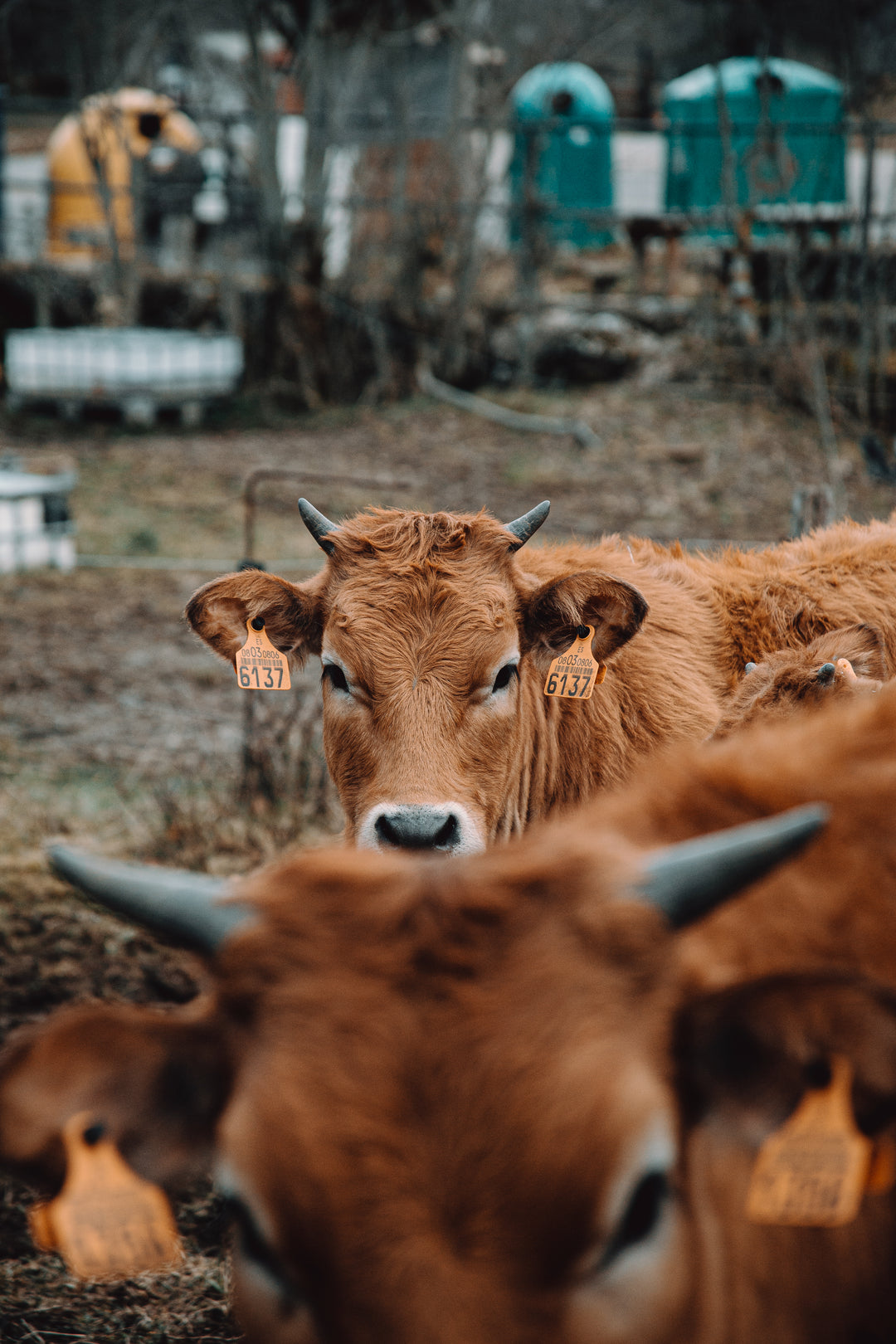

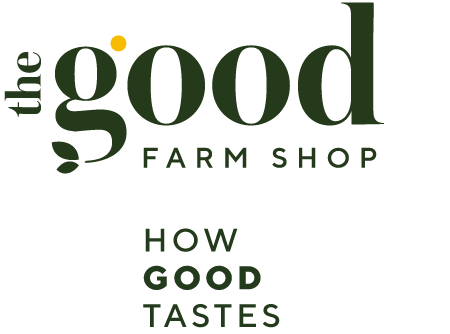
Leave a comment